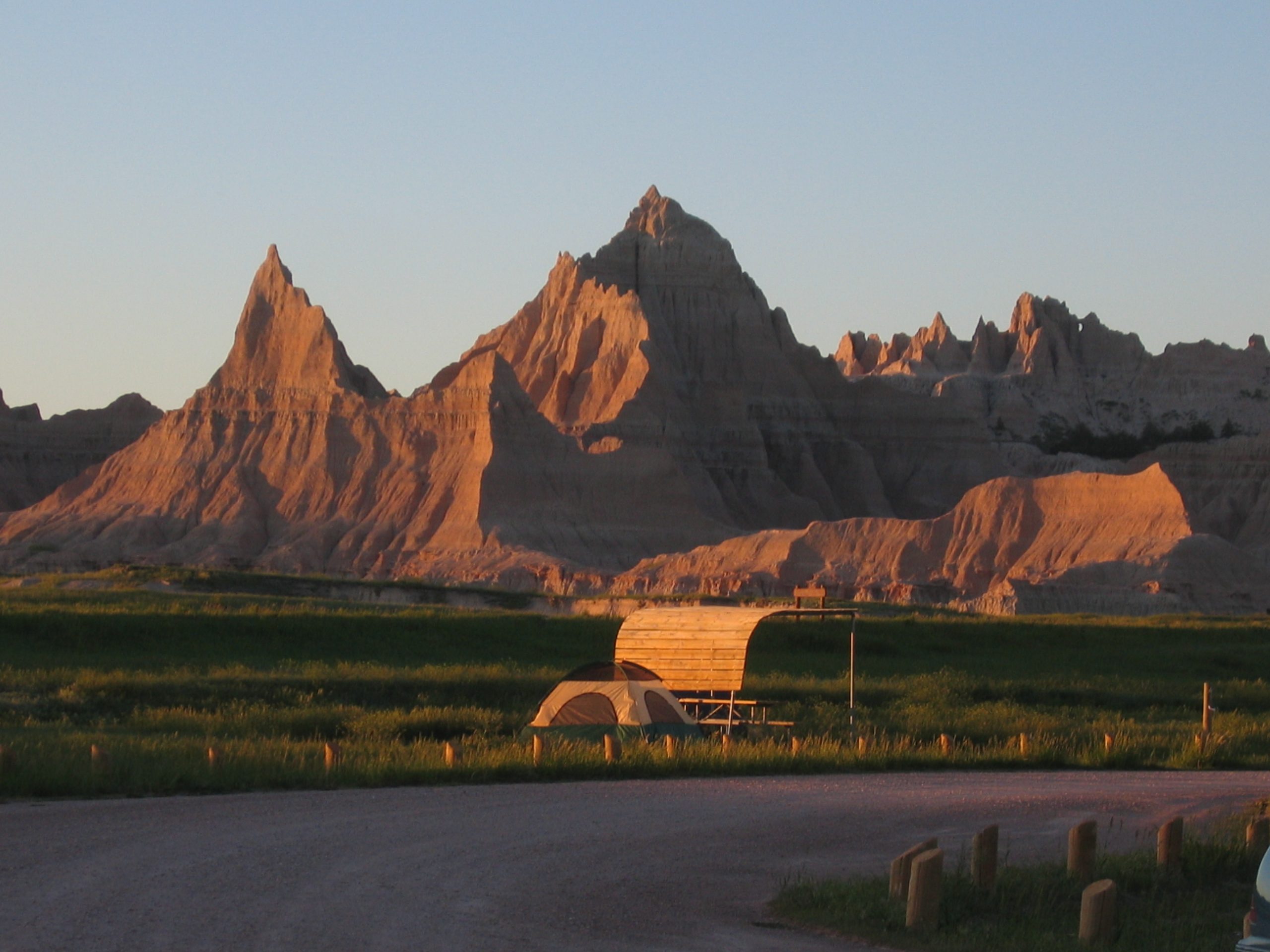The ideals of rugged American individualism are a powerful national myth, so much so that when they are questioned, it can feel like an attack on our very self-definition. The notion that freedom lies in cutting all ties and forging beyond the horizon, to claim and civilize a new frontier, has survived long beyond its origins in the Wild West. Chloé Zhao’s Nomadland, perhaps mindful of this, takes a subtle route with exploring the reality of these ideas. The American wilderness of Zhao’s film is populated not by larger-than-life cowboys, embodiments of masculinity and rugged individualism, but modern-day van dwellers, primarily elderly people lacking social security or stable jobs due to the Great Recession. Nomadland reminds us that this seemingly exciting life of freedom on the road, paradoxically enough, exists in the context of myriad social inequalities.
Zhao has stated in interviews that she wanted to focus on the psychology of her characters instead of making an explicitly political film, but these aspects of Nomadland’s narrative go hand in hand. We see Fern, the film’s protagonist, making her way between seasonal jobs, from harvesting beets to being a camp host in a national park. There’s a moment in the portrayal of the latter which especially struck me: when Fern is cleaning a bathroom, a park visitor walks in to use it, calmly ignoring Fern’s request for him to not come in. I may be overstating the significance of this little scene, but watching it, we can both feel indignant at the visitor’s behaviour and wonder if we’ve ever reduced a worker to a faceless uniform, just like the visitor does. The heartwarming moments of the film—its beautiful natural vistas, the stories of friendships forged between these nomads—are all tinged by these social facts, so that the movie is never quite escapist, and never quite willing to valorize the idea of individualism.
If anything, Nomadland takes pains to show how these characters are always reliant on others. This is true on the level of physical needs—with Fern learning to survive on the road from more experienced nomads, and gradually becoming part of their networks of mutual assistance—but what I found more immediately moving was the way the film sketched out the brief relationships formed during life on the road. From advising a teenager looking for a way to express his feelings for his girlfriend to listening to a cancer-stricken friend who wants to spend her last few years enjoying nature, Fern and the audience are able to, briefly, transform and be transformed by the lives of others.
It’s a cliché to talk about how films speak to our current mid-pandemic situation, but watching these little exchanges from the safety of home, I found myself thinking of university. While students in Oxford are clearly very different from the van-dwellers of Nomadland, I thought of how, in just the first term that I spent in-person at Oxford, we all met people from very different subjects and backgrounds, learning names, quirks and idiosyncrasies. Maybe in most years, we would have less of a need to know our households and flatmates. But knowing that any of us could test positive or come down with COVID symptoms, we realized early on that we needed our households more than ever. Even as someone who’s congenitally un-social, I came to love the brief conversations with my housemates as we passed each other at mornings or mealtimes, the jokes we shared, simple occasions spent together like movie nights and communal meals.
Part of Nomadland’s critical resonance comes from the universality of its message and the growing importance of found family. We are no longer living in a world where we can limit ourselves to interacting with people we’re born knowing, whether that’s because of social media and globalization, or upheavals throughout every level of society that has created a rapidly changing 21st century. This is not to lessen the importance of the families that we are born into, but the ones that we choose to form are equally important. We are, all of us, in a world of communities which span nations—now we can easily support good causes in this country or far abroad, share our interests with other fans of everything from classical music to TikToks, or simply find support and new friends. In this unstable world, human connection is one of the few constants left, and Nomadland dramatizes the very real search to fulfil this need.
At this point, it bears mentioning that this film is not perfect. There has been justified criticism of how Zhao’s desire to avoid making an overtly political movie means that it occasionally soft-pedals its presentation of inequality and exploitation, especially given how its portrayal of Amazon is positively glowing compared to the grittier presentation of other jobs the nomads engage in. But even with its flaws in portraying how these modern nomads subsist physically, the movie remains a powerful psychological study, especially when it asks questions about how we survive emotionally—not through food and shelter alone, but also in the families which we find in each other.
Image credit: Runner1928



